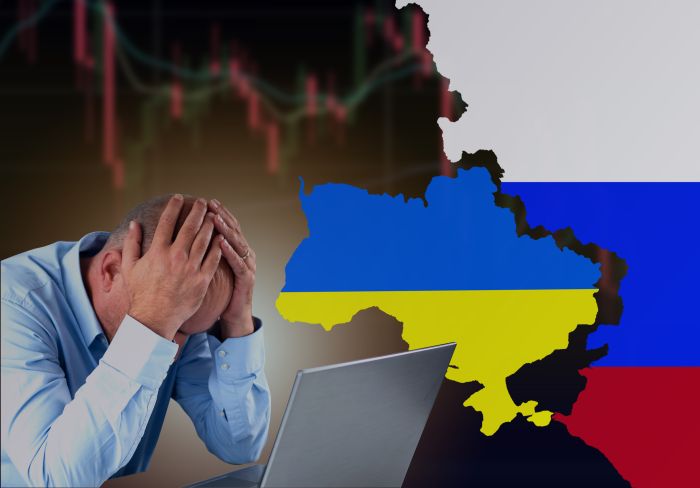11 March 2022

Russia’s invasion of the Ukraine, which began on 24 February 2022, is having significant implications around the world. As the conflict escalates and the death toll and number of casualties rise, over two million people have already fled the country, and the economic and financial effects are being felt across the board.
Russia's financial markets have been thrown into turmoil following the imposed Western sanctions and nobody really knows the actual currency rate of the Euro-Ruble because of the 'locked' Russian stock exchange - it is closed, and they don't want to open trading and risk the value of the Ruble (RUB) becoming even worse. Because the value of the RUB is much lower now than before the war, what does this mean for the Russian people?
Paylab looked at six different positions across Russia to see how this crisis is affecting the salaries of average Russian workers. They have found that there has been a dramatic fall in salaries as a result of the decrease in currencies.
How has the conflict affected salaries?
Machine Operator
Before the war a Machine Operator in Russia was earning the equivalent of 367 euros. Since the conflict started this has dropped by nearly 100 euros per month.

Secretary
Before the invasion, a secretary in Russia was earning the equivalent of 96 euros more each month than s/he is now.

Primary School Teacher
Since the conflict began, in just over two weeks, the salary of a Russian Primary School Teacher has fallen by the equivalent of 115 euros.

Java Developer
If we look at Java Developers, they are now worse off by up to 262 euros per month in Russia.

Android Developer
It's also a similar picture for Android Developers. They are being paid a massive 301 euros less than before the war began.

Marketing Director
For those in higher level positions, such as a Marketing Director, their salaries have also been massively impacted by the currency crash, and they are now taking home the equivalent of 300 euros less each month than before the war.

Conclusion
So, what do these results mean for Russian people? They clearly demonstrate that salaries have taken a real hit across the board and across positions/salary levels since the Ukraine-Russia conflict began.
With the RUB value being so low, even though their actual salary hasn't changed (they are earning the same amount of RUB but it is worth considerably less) they will now have to think about and consider every single purchase they make from other European countries.
Now, whatever goods or services these employees want to buy will cost them many more RUB to purchase - whether that be a European holiday or any other goods from Europe - because of the effects of the sanctions and the impact it has had on their currency. That is of course if they are even able to buy such things now as these goods and services are being blocked because of the sanctions.
And we must say of course, that it is not just the Russian people feeling the effects on their economy and incomes. Many other currencies have been impacted by the war, including the Hungarian Forint. Hungarian employees are in a very similar position to their Russian counterparts if they want to buy anything in euros, because while before the war they changed 1 EUR for 350 HUF, now it is around 400 HUF.
Sadly, as well as all the bloodshed and human loss that the war will bring, it will also bring financial hardship to many people across the whole world.
